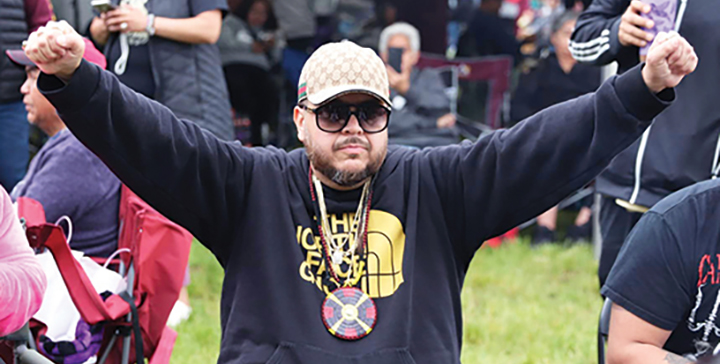
STICKS AND BONES
By Kalvin Valdillez, Tulalip News
The Tulalip Tribes Annual Stick Games Tournament was held during the weekend of May 31, and featured a total payout of $50,000. Over 130 teams competed for a chance to win the grand prize of $25,000 this year as Native families from all across the region journeyed to the Tulalip Amphitheater to try their luck in the tournament.
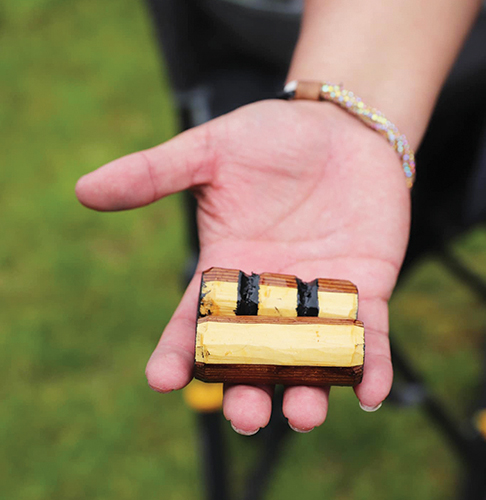
The tournament is open to all ages and provides an opportunity for multi-generational families to learn, share, and enjoy the traditional game together.
According to stories passed down throughout the generations, stick games was originally introduced to the coastal tribes and First Nations Bands thousands of years ago. The traditional game is also known as bone games, slahal, hand games, and lahal. And while each tribe and band have different stories and legends pertaining to stick games, the origin story of the game is consistent throughout all Coast Salish nations.
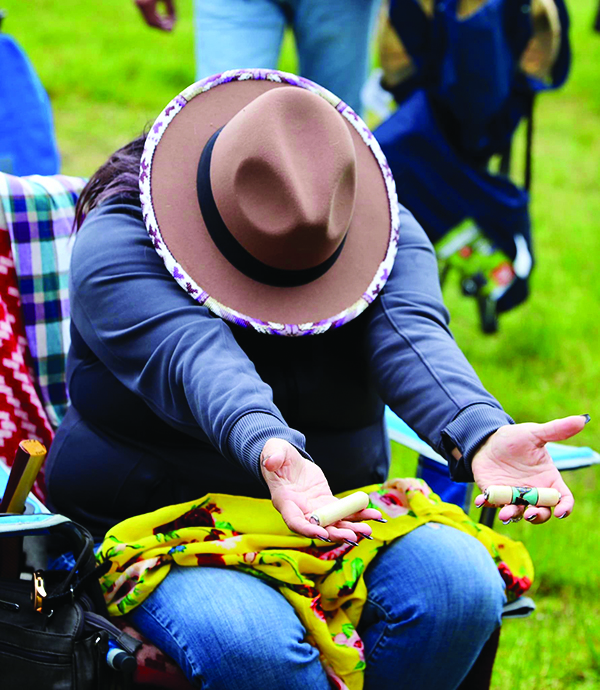
Northwest tribes seemingly agree that the game was gifted and taught to the people by the Indigenous wildlife of our territory as a way to settle intertribal disputes like the rights to hunting and fishing grounds, and also as a means to prevent warfare between tribes.
During gameplay, two opposing teams, consisting of three to five players, face off against one another. The teams alternate turns, and sticks are used to keep score throughout the contest. A set of bones is discreetly distributed amongst the team that is in-play and the opposing squad must correctly guess where the bones are hidden and how many pieces the player has concealed in their hands.
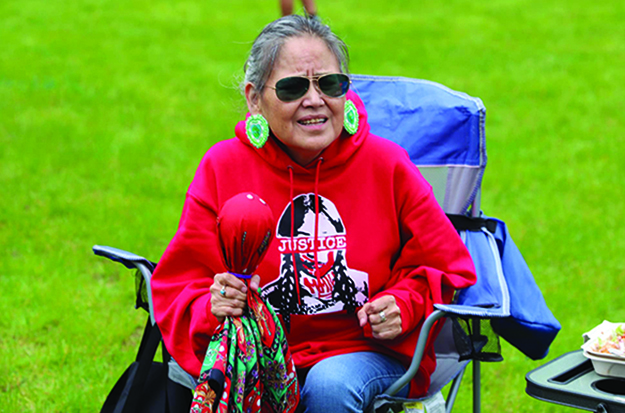
While the bones change hands between teammates, the team sings traditional family songs to distract their opponents from seeing who is in possession of the bones. The team with the most correct amount of guesses wins the game and advances to the next round.
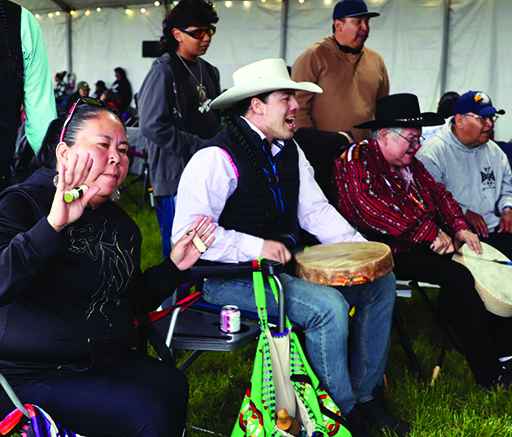
There are also several unofficial game pieces that slahal players can use to their advantage during the tournament. Such items include foldable lawn chairs, so that teams can quickly set-up against their opponents and move and play about the grounds, as well as pull-over hoodies, blankets, and bandanas that can be used to cover a player’s hands and prevent opponents from seeing where the bones are placed.
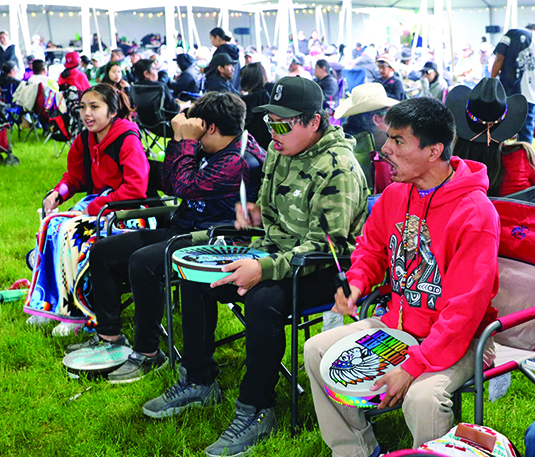
In addition to the main competition, several mini matches were also held during the tournament such as the three-man tournament and the kid’s tournament.
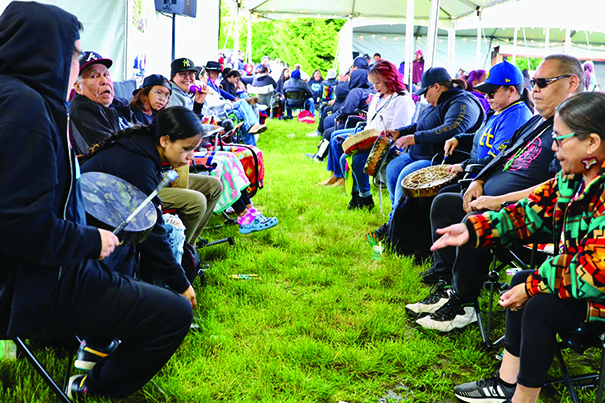
Professional Slahal Player and Ahousaht member, William Mack, travels from Nanaimo, B.C. to participate in the games each year, along with his family. Following the tournament, William shared, “We want to thank the Tulalip Tribes for hosting a great weekend of stick games. It was good to see our stick game family. We played six games in the main competition and won the three-man single elimination for $7,500!”.